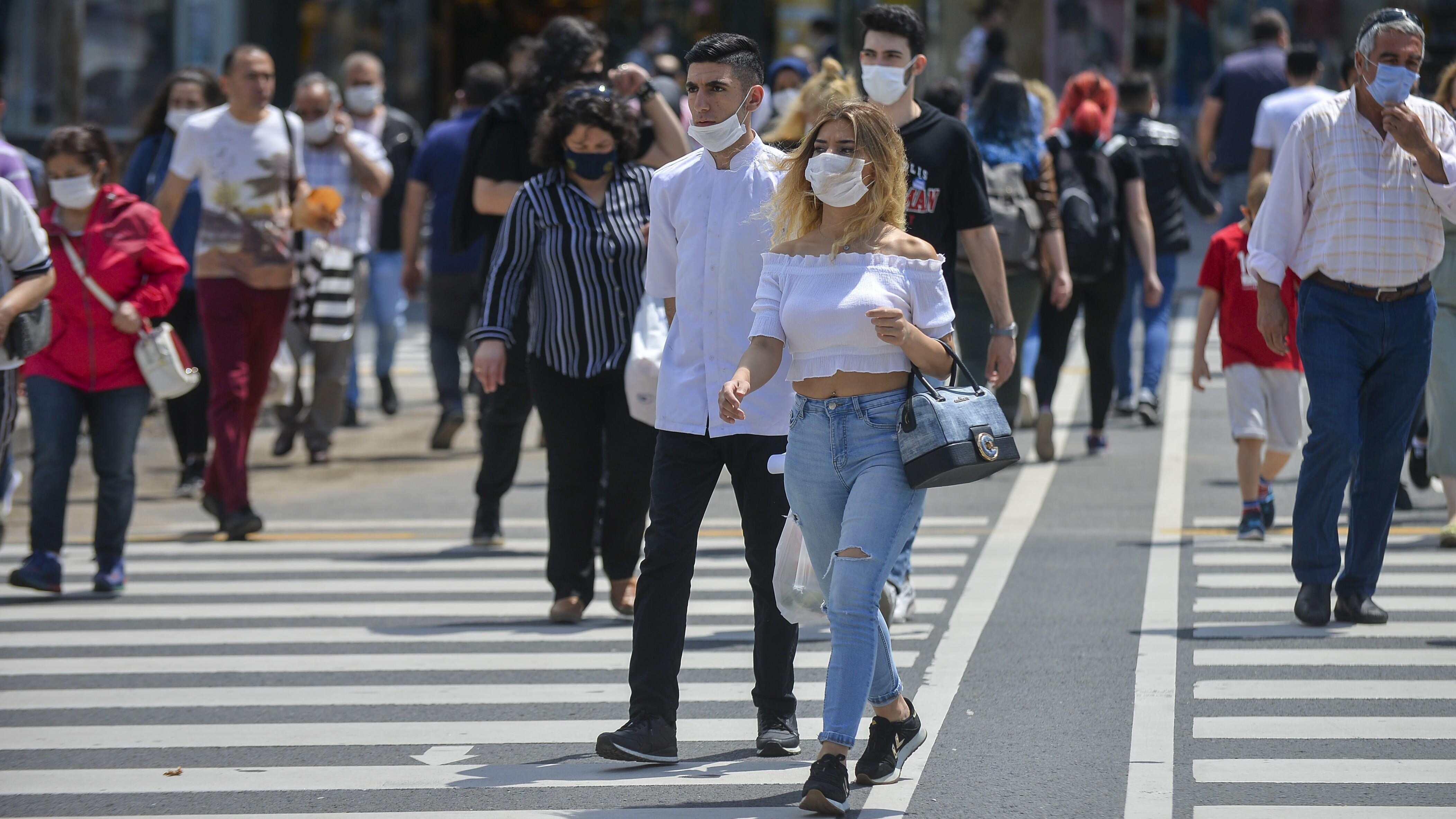
A recent study conducted by a team of Turkish economists has illuminated the pivotal role of globally coordinated full lockdowns in mitigating both economic losses and saving lives during the COVID-19 crisis.
The research, scrutinizing the initial year of the pandemic before the advent of vaccines and without economic stimulus, contends that the fundamental driver of economic repercussions is the collapse in domestic and foreign demand, rather than the lockdown measures themselves.
"If there is no closure, both supply and demand decrease due to rising cases," Selva Demiralp from Koç University, a key figure in the research team, told the Hürriyet Daily News.
Increasing cases adversely impact production by diminishing domestic production capacity and disrupting supply chains with trading partners, said Demiralp, formerly associated with the Federal Reserve Board and a consultant for the European Central Bank.
"People cannot maintain their old consumption habits in the new life order they live in isolation," she added, referring to the "fear factor" associated with uncertainty.
The study assesses two lockdown scenarios: A complete shutdown of non-essential industries and partial restrictions on daily life while keeping businesses operational.
Researchers highlight that coordinated lockdowns eliminate the pandemic-induced "fear factor," enabling economies to swiftly recover through demand stabilization.
Accordingly, countries such as Australia and New Zealand, which implemented early and stringent lockdowns in unison, witnessed speedier economic normalization in 2020 compared to the rest of the world, the study reveals.
Notably, Demiralp stressed that normalization is only possible through a globally coordinated full lockdown, as country-based efforts are prone to be less effective when borders remain open.
University of Maryland's Şebnem Kalemli-Özcan, a contributor to the study, asserted that lockdowns not only reduce economic costs but also minimize casualties.
She cited Sweden and the United States as examples of nations mainly relying on voluntary lockdown, resulting in higher death rates compared to countries enforcing strict measures.
According to the World Health Organization (WHO), Sweden reported 241 COVID-19 deaths per 100,000 people, markedly higher than Denmark's 151, which had a full lockdown. Moreover, the U.S., known for partial lockdowns, recorded 343 deaths per 100,000 people, while China, cited in the study for its effective full lockdown, reported a mere 8.2 deaths per 100,000 people.
Demiralp underscored that although some countries initially refrained from imposing lockdowns, they eventually resorted to restrictions when cases surged.
The study, she said, offers an academic framework for expedited economic normalization, "averting the need for subsequent partial closures and their associated costs."
Additionally, the research warns against premature easing of restrictions, as it could lead to subsequent infection waves, exacerbating economic recession.